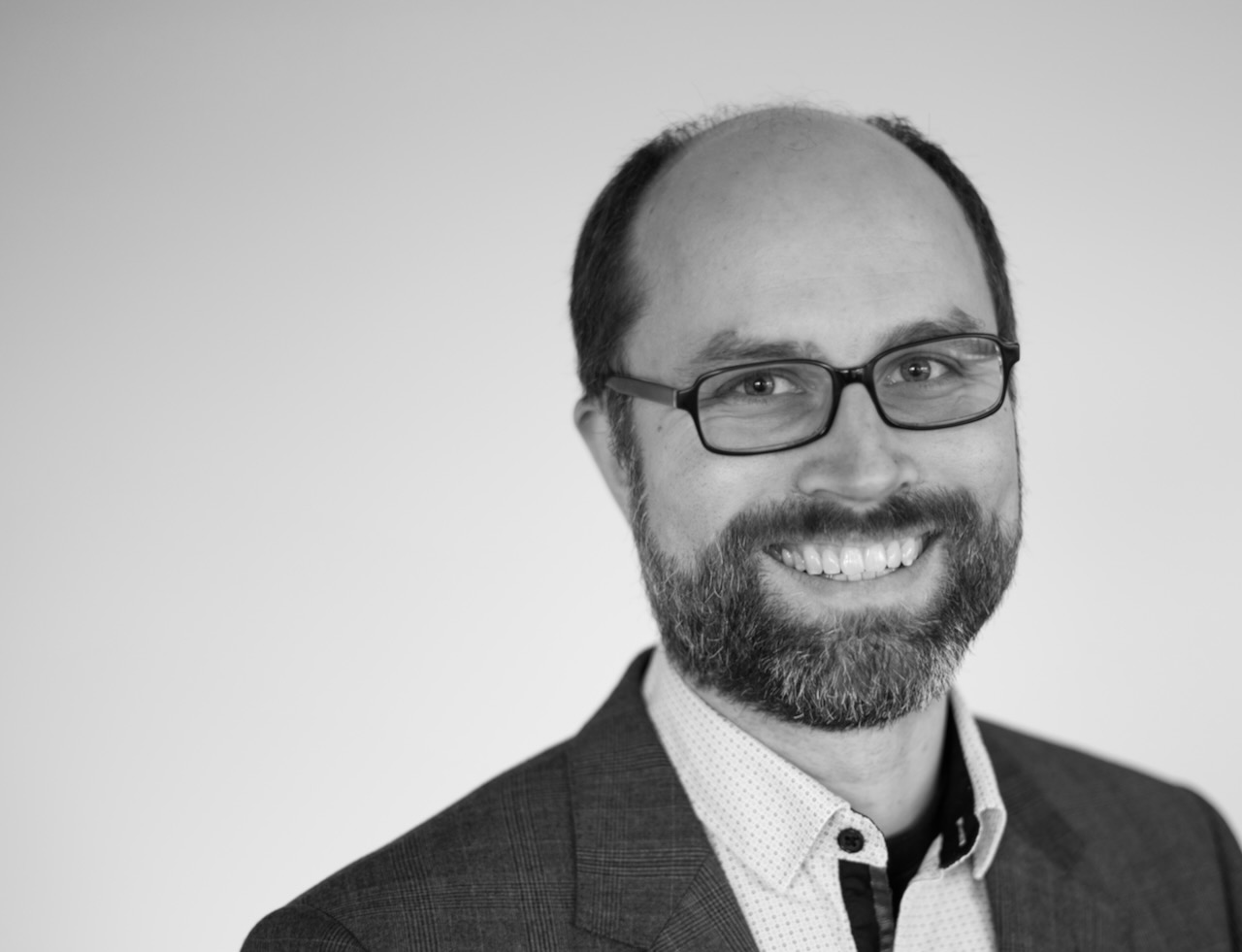ABSTRACT
Optimisation technology promises to help us make better decisions: plan the best route on a map, deliver goods quickly and with low emissions, construct efficient staff rosters, or design complex industrial plants. But most of these optimal decisions are in fact compromises. For example, there may be many “optimal” staff rosters that enable an organisation to function effectively and at the lowest possible cost. But some of those “optimal” rosters may be very unfair for certain staff. What if one of your staff asks you why they always get the graveyard shift, and after you’ve analysed the problem, you have to tell them it’s because their name starts with an “A”? This talk is about how optimisation technology can introduce bias and unfairness in subtle ways, and what needs to be done to fix this problem.
BIO

Guido Tack is an Associate Professor in the Department of Data Science and Artificial Intelligence at Monash University, Australia. His research focuses on combinatorial optimisation, in particular architecture and implementation techniques for constraint solvers, translation of constraint modelling languages, and industrial applications. Guido leads the development of the MiniZinc constraint modelling language and toolchain, and he is one of the leading developers of Gecode, a state-of-the-art constraint programming library. Guido’s broader research interests include programming languages and computational logic.



